30 Advanced SQL Interview Questions for Professionals (With Code)

Table of Contents
- Concept & Theoretical Questions
- Questions Based on SQL Query & Codes
- Tricky Questions
Unlock your SQL mastery and conquer those 2024 interview questions. Prepare with essential queries, from basic joints to advanced optimization to server and query questions. SQL up your skills, answer questions with ease, practice the codes and secure your dream data role. Let's crack the code on advanced queries, indexing, data security and advanced features with these 30 must-know questions that are sure to come up in your next interview.
Start with 30 advanced and technical SQL interview questions to master the upcoming technical interview rounds.
1. Explain the difference between a correlated subquery and a nested subquery.
-
Answer: A correlated subquery references data from the outer query in its WHERE clause. A nested subquery can be placed anywhere in the outer query and doesn't directly reference the outer table.
2. Write a query to find the top 5 customers with the highest total order amounts.
-
Answer:
FROM Orders
GROUP BY CustomerID
ORDER BY TotalOrderAmount DESC
LIMIT 5;
3. How can you optimize a slow-running query?
-
Answer: There are several techniques, including:
-
Using appropriate indexes
-
Avoiding unnecessary joins and subqueries
-
Using efficient functions and operators
-
Analyzing execution plans to identify bottlenecks
-
4. Explain the concept of normalization in database design.
-
Answer: Normalization is the process of organizing tables to minimize redundancy and improve data integrity. It involves breaking down tables into smaller, more focused tables with defined relationships.
5. Describe the purpose of window functions in SQL.
-
Answer: Window functions perform calculations on a set of rows within a query partition. Examples include ranking, calculating moving averages, and finding percentiles.
6. Write a query to find the average salary for each department, excluding employees with salaries above a certain threshold.
-
Answer:
FROM (
SELECT Department, Salary
FROM Employees
WHERE Salary <= (SELECT MAX(Salary) FROM Employees) / 2
) AS Subquery
GROUP BY Department;
7. How can you handle missing values (NULL) in your queries?
-
Answer: You can use functions like ISNULL, COALESCE, or CASE statements to handle missing values. These functions allow you to specify alternative values or perform different operations based on NULL checks.
8. Explain the concept of materialized views and their benefits.
-
Answer: Materialized views are pre-computed copies of database queries stored as tables. They improve query performance by providing pre-aggregated or filtered data, reducing processing needs for repeated queries.
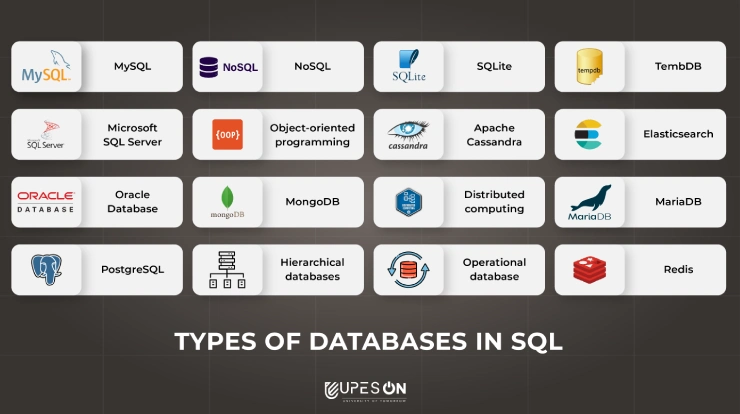
9. Describe the concept of transactions in SQL and their ACID properties.
-
Answer: A transaction is a unit of work that maintains data consistency. ACID stands for Atomicity (all or nothing), Consistency (data integrity), Isolation (concurrent transactions don't interfere), and Durability (changes persist).
10. How can you secure your SQL queries against SQL injection attacks?
-
Answer: Use prepared statements with parameterized queries. These statements separate code from data, preventing malicious code execution.
11. Explain the difference between UNION and UNION ALL in SQL.
-
Answer: UNION removes duplicate rows from the combined result set, while UNION ALL includes all rows, even duplicates, from the selected queries.
12. Describe the concept of common table expressions (CTEs) and their benefits.
-
Answer: CTEs are temporary named result sets defined within a query. They improve readability and modularity by allowing complex logic to be pre-defined and reused within the main query.
13. Explain the concept of temporal tables and how they can be used for historical data tracking.
-
Answer: Temporal tables store data with historical versions, allowing you to track changes over time. You can use them to analyze historical trends, audit data modifications, or revert to previous states.
14. Describe the functionality of triggers in SQL and their different types.
-
Answer: Triggers are stored procedures that automatically execute in response to specific events on a table (like INSERT, UPDATE, DELETE). They can be used for data validation, enforcing business logic, or maintaining data consistency.
15. Explain the difference between full outer joins and full joins in SQL.
-
Answer: Both join types return all rows from both tables, but a full outer join preserves NULL values in unmatched columns, while a full join may replace them with default values depending on the database engine.
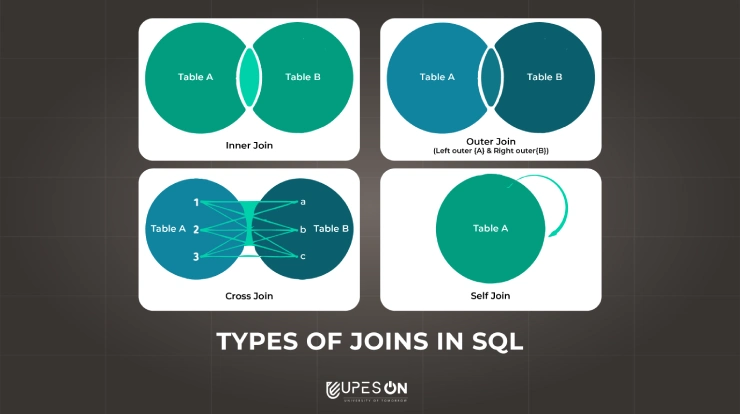
16. Describe the purpose of regular expressions in SQL and how they can be used in queries.
-
Answer: Regular expressions are patterns used to search and manipulate text data within SQL queries. They allow for complex string matching and manipulation, enabling tasks like data validation or extracting specific information.
17. Explain the concept of database partitioning and its benefits.
-
Answer: Database partitioning divides a large table into smaller, manageable segments based on a chosen key. This improves performance by allowing queries to target specific partitions and reducing I/O operations.
18. Describe the functionality of MERGE statements in SQL.
-
Answer: MERGE statements combine INSERT, UPDATE, and DELETE operations into a single statement. They offer efficient data manipulation, allowing you to perform conditional actions based on existence or matching criteria.
SQL Interview Questions on Query
19. Write a query to find the difference in days between the order date and the ship date for each order.
-
Answer:
FROM Orders;
20. Write a query to find the manager for each employee in a company, even if the employee doesn't have a manager assigned.
-
Answer:
FROM Employees e
LEFT JOIN Employees m ON e.ManagerID = m.EmployeeID;
21. Write a query to pivot data from rows to columns, showing the total sales for each product category by month.
-
Answer:
SUM(CASE WHEN ProductCategory = 'Electronics' THEN Sales ELSE 0 END) AS Electronics,
SUM(CASE WHEN ProductCategory = 'Clothing' THEN Sales ELSE 0 END) AS Clothing,
... (add more categories)
FROM SalesData
GROUP BY Month;
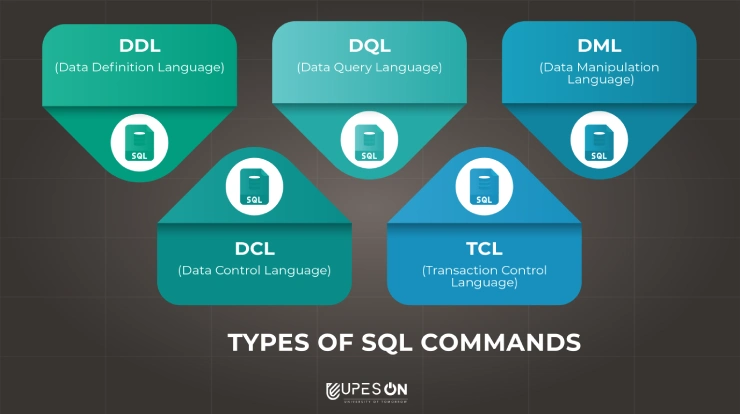
22. Write a query to find employees who have never placed an order.
-
Answer:
FROM Employees e
LEFT JOIN Orders o ON e.EmployeeID = o.CustomerID
WHERE o.CustomerID IS
23. Write a query to find the department with the highest average salary for employees who have been with the company for more than 2 years.
-
Answer:
FROM Employees e
INNER JOIN Departments d ON e.DepartmentID = d.DepartmentID
WHERE e.HireDate < DATEADD(year, -2, GETDATE())
GROUP BY d.DepartmentName
ORDER BY AverageSalary DESC
LIMIT 1;
24. Write a query to find the nth highest salary in an employee table.
-
Answer (using a subquery):
FROM Employees
WHERE Salary IN (
SELECT TOP 1 Salary
FROM (
SELECT Salary, ROW_NUMBER() OVER (ORDER BY Salary DESC) AS RowNum
FROM Employees
) AS Subquery
WHERE RowNum = n
);
25. Write a query to find the total number of customers who placed orders in each quarter of the last year.
-
Answer:
FROM Orders
WHERE OrderDate >= DATEADD(year, -1, GETDATE())
GROUP BY DATEPART(quarter, OrderDate)
ORDER BY Quarter;
26. Write a query to find the manager hierarchy for a specific employee, showing all levels up to the CEO.
-
Answer (using a recursive CTE)
SELECT EmployeeID, ManagerID, 1 AS Level
FROM Employees
WHERE EmployeeID = <employee_id>
UNION ALL
SELECT e.EmployeeID, m.ManagerID, h.Level + 1
FROM Employees e
INNER JOIN ManagerHierarchy h ON e.EmployeeID = h.ManagerID
INNER JOIN Employees m ON e.ManagerID = m.EmployeeID
WHERE m.ManagerID IS NOT NULL
)
SELECT EmployeeID, ManagerID, Level
FROM ManagerHierarchy
ORDER BY Level DESC;
27. Write a query to find the product categories with the highest and lowest total sales for the previous year.
-
Answer:
FROM SalesData
WHERE SaleDate >= DATEADD(year, -1, GETDATE())
GROUP BY ProductCategory
ORDER BY TotalSales DESC, TotalSales ASC
LIMIT 2;
28. Write a query to find employees who earn more than the average salary in their department.
-
Answer:
FROM Employees e
INNER JOIN Departments d ON e.DepartmentID =
Tricky Interview Questions to confuse Candidates
Designed to challenge the solver in you, these questions will assess your problem-solving skills. Use the table below for refrence and answer the questions accordingly.
- Data Setup: Use the sample tables for these questions.
- Customers Table:
| Customer ID | Name | City |
| 1 | John Levi | New York |
| 2 | Jane Tye | Los Angeles |
| 3 | Mike Foley | Chicago |
| 4 | Alice White | New York |
- Orders Table:
| Order ID | Customer ID | Order Date | Order Total |
| 100 | 1 | 2023-07-01 | 100.00 |
| 101 | 2 | 2023-06-15 | 50.00 |
| 102 | 3 | 2023-07-05 | 150.00 |
| 103 | 1 | 2023-07-07 | 75.00 |
| 104 | 4 | 2023-07-02 | 200.00 |
Questions:
1. Find the total number of orders placed by each customer, excluding orders placed in June.
- Tricky Aspect: Excluding a specific month required filtering based on the date.
- Answer:
FROM Customers c
INNER JOIN Orders o ON c.customer_id = o.customer_id
WHERE MONTH(order_date) <> 6
GROUP BY c.name
2. Find the customer who has placed the highest total order value.
- Tricky aspect: Required aggregation and sorting based on the total order value.
- Answer:
FROM Customers c
INNER JOIN Orders o ON c.customer_id = o.customer_id
GROUP BY c.name
ORDER BY total_order_value DESC
LIMIT 1;
3. List all orders placed on specific dates (eg., 2023-07-04 and 2023-07-06) and their corresponding customer names.
- Tricky Aspect: Requires filtering based on multiple specific dates.
- Answer:
FROM Customers c
INNER JOIN Orders o ON c.customer_id = o.customer_id
WHERE order_date IN ('2023-07-04', '2023-07-06');
4. Find the average order value for each city.
- Tricky Aspect: Requires joining tables and grouping by city.
- Answer:
FROM Customers c
INNER JOIN Orders o ON c.customer_id = o.customer_id
GROUP BY c.city
5. Identify customers who haven't placed any orders.
- Tricky Aspect: Requires using LEFT JOIN and filtering for null values.
- Answer:
FROM Customers c
LEFT JOIN Orders o ON c.customer_id = o.customer_id
WHERE o.order_id IS NULL;
6. Find the month with the highest total order value.
- Tricky Aspect: Requires extracting the month from the date and grouping by month
- Answer:
FROM Orders
GROUP BY MONTH(order_date)
ORDER BY total_order_value DESC
LIMIT 1;
7. Write a query to display the top 2 customers with the most orders in the last 30 days.
- Tricky Aspect: Requires filtering by date range and using window functions for ranking.
- Answer:
FROM Customers c
INNER JOIN Orders o ON c.customer_id = o.customer_id
WHERE order_date >= DATE_SUB (CURDATE)
UPES Online Admission Enquiry
Recommended Courses


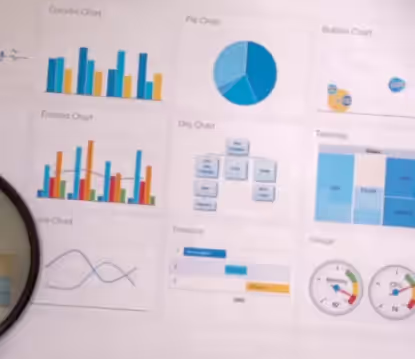

Latest Blogs
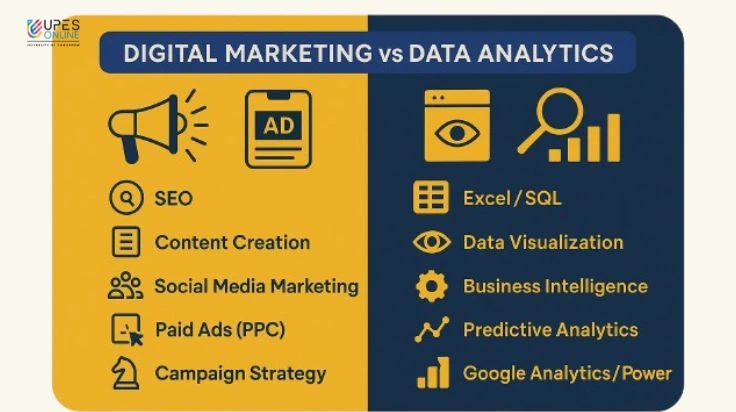
Digital Marketing vs Data Analytics: Which Career Should You Choose?
Battle of skills: Digital Marketing vs Data Analytics—compare 2025 salaries, skills & job roles. Expert tips to choose your future career path!
Read MoreJun 15, 2025 I 12 mins
Why Should I Choose UPES Online? 10 Reasons Why
Explore why UPES Online stands out in online education. Learn about flexible learning, UGC-approved degrees, expert faculty & credible online programs. Enroll now!
Read MoreAug 21, 2025 I 5 min
Can Distance Learning Fully Replace Traditional MBA Education? Challenges & Limitations
Find out if distance learning can truly replace a traditional MBA. Learn key challenges, limitations, expert opinion & insights.
Read MoreSep 2, 2025 I 4 mins
Online MBA Capstone Projects and the Importance They Hold
Know the importance of online MBA capstone projects. Learn how they build real-world skills, boost career opportunities, & add industry value.
Read MoreSep 7, 2025 I 5 mins
UPES Online MBA vs Other Top Universities: Why Students Prefer UPES
Compare UPES Online MBA with other top universities. Know why students prefer UPES online over others. Check fee, flexibility, faculty, ROI, & career scope.
Read MoreOct 1, 2025 I 7 mins







